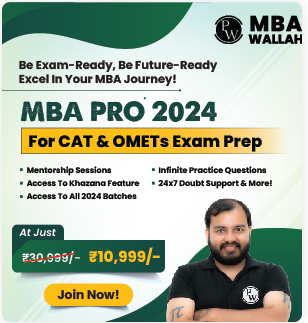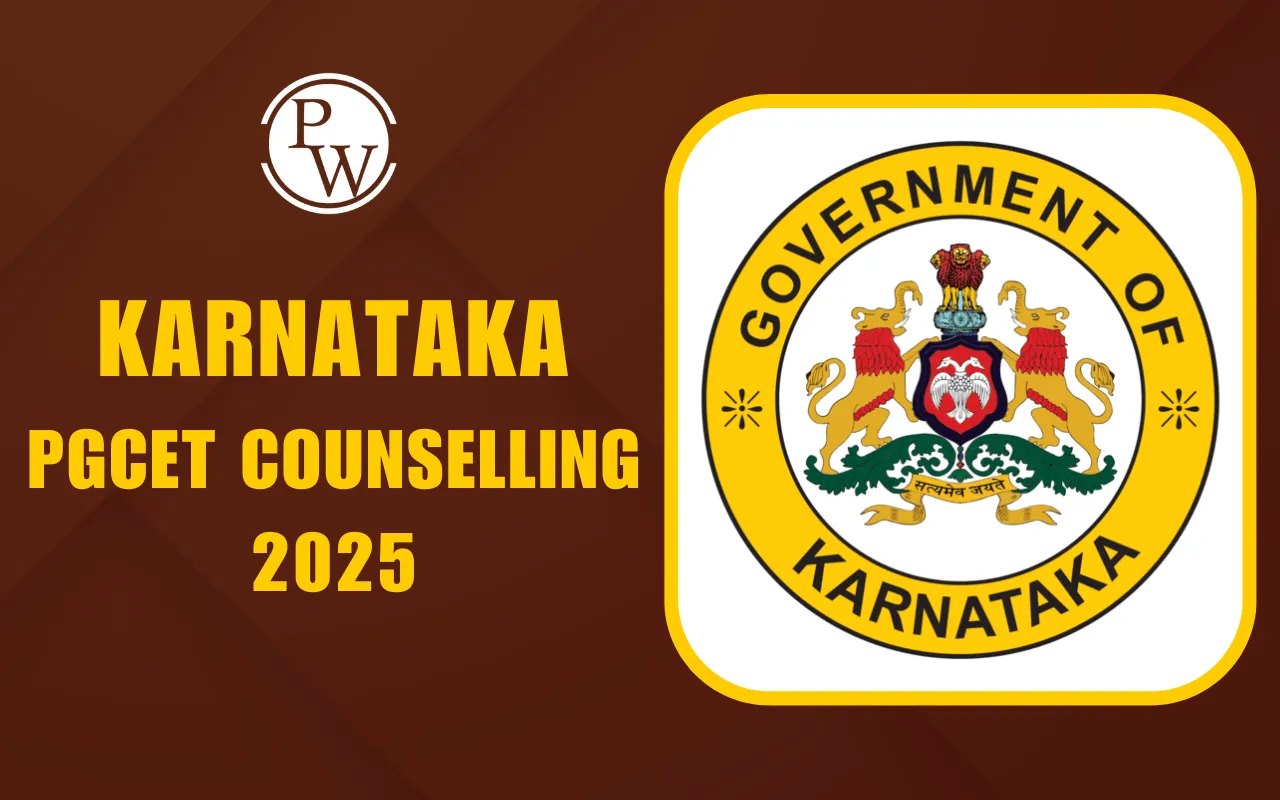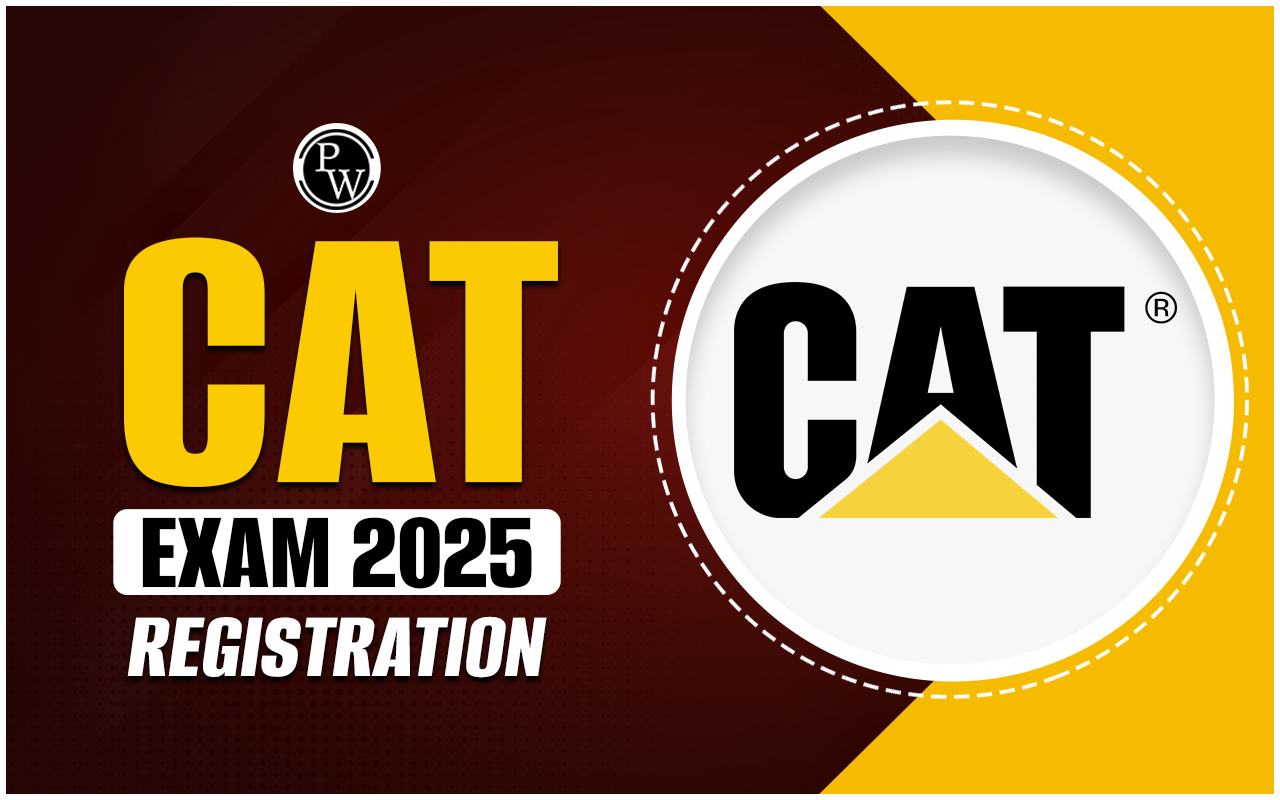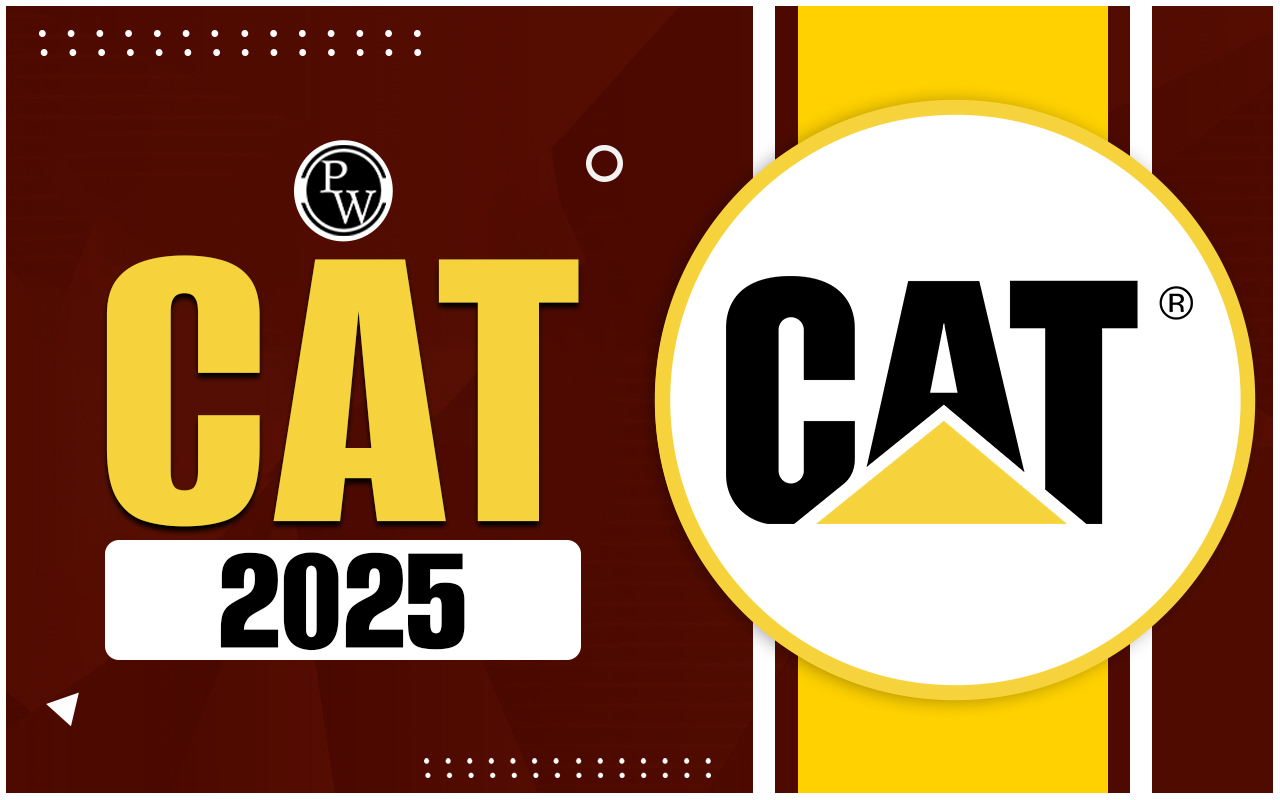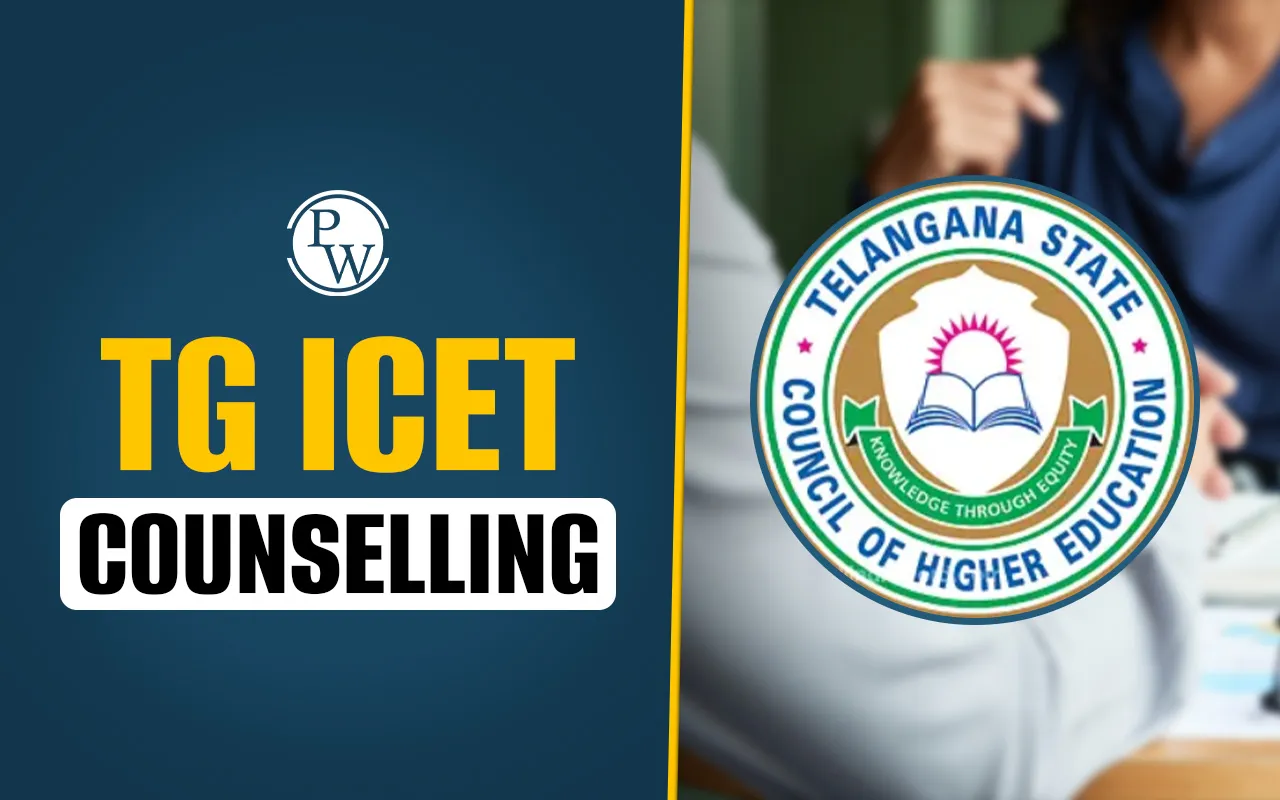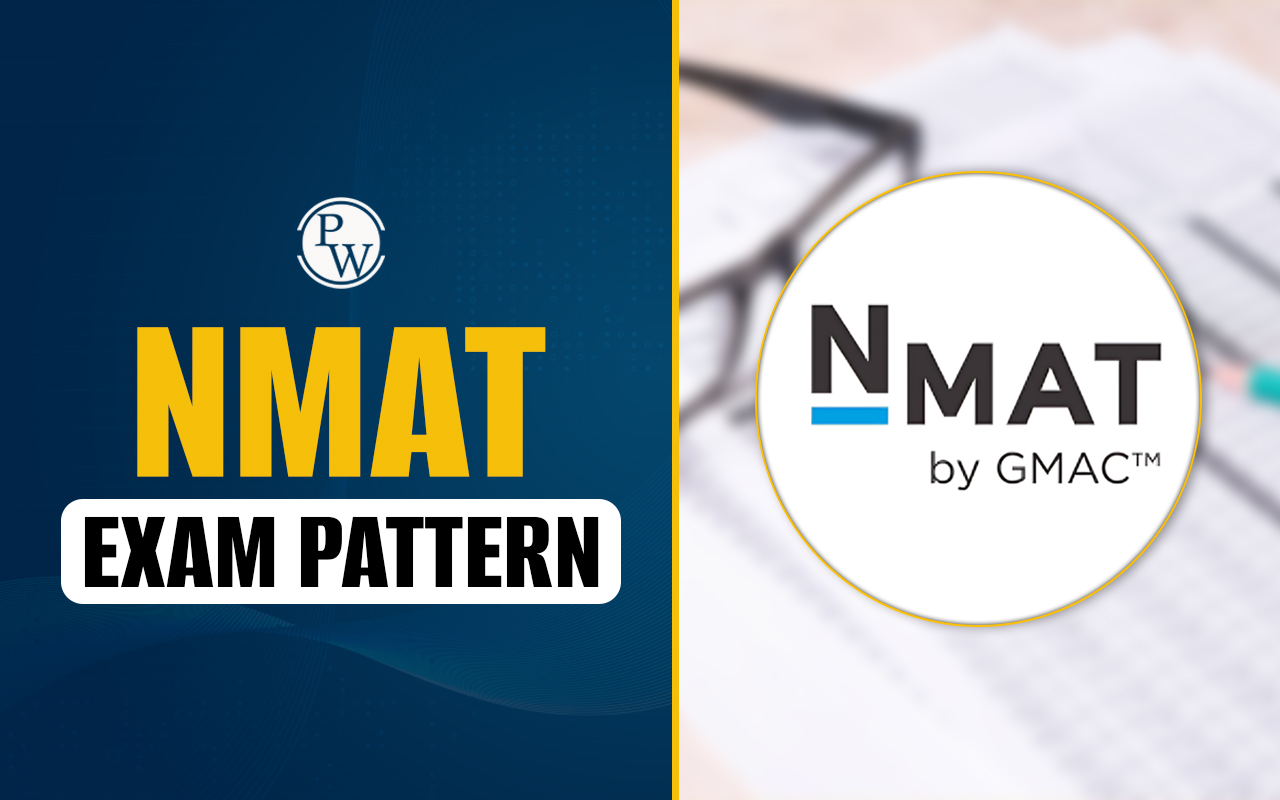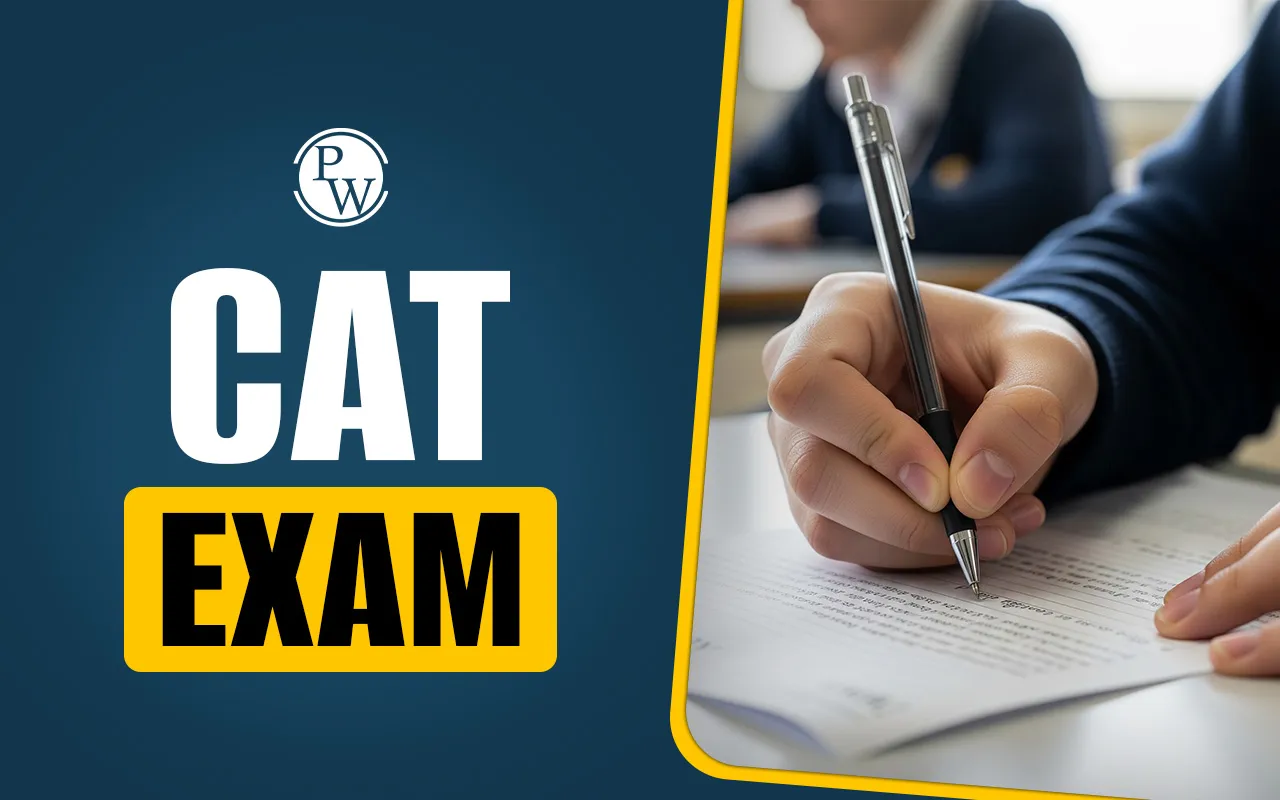

How to Learn Assumptions for GMAT? Assumption questions in GMAT require candidates to identify the implied connection between a premise and its conclusion. Assumption-based questions are a crucial part of the GMAT Critical Reasoning section. Additionally, these questions are extremely tricky, requiring candidates to follow a strategic method to find a solution.
Here, we have provided various strategies to solve GMAT Critical Reasoning assumption questions. Therefore, candidates searching for "How to learn assumptions for GMAT" must read this article to enhance their GMAT problem-solving skills.What are Assumptions in GMAT?
An assumption refers to something presumed in a statement. When someone expresses an idea, they often leave certain aspects unsaid, considering them obvious. These unspoken elements constitute assumptions. In Critical Reasoning, assumption questions present a conclusion that candidates have to identify, considering what must be true in the argument so that the conclusion is valid. This relationship between premises, assumption, and conclusion can be represented as:|
Premise (P) + Assumption (A) = Conclusion (C) |
How to Identify Assumption Questions in GMAT?
The first step to correctly solving an assumption based problem is identifying the type of question. Here are the ways to identify an assumption based question in GMAT:- Recognise the questions asking to identify assumptions.
- Look for references to arguments or recommendations in the question.
- Pay attention to words like "assumption," "assumes," or "depends" in the GMAT questions.
- Be careful not to confuse assumption tasks with strengthening tasks.
How to Learn Assumptions for GMAT 2024?
After identifying the assumption questions in GMAT, candidates should follow a strategic approach to solve them. Here are the recommended methods to solve assumption questions in GMAT:- Recognise the Conclusion: Understand the main point of the argument before identifying the assumption.
- Identify the Premises: Find the premises by identifying the evidence that supports the conclusion.
- Identify Argument Gaps: Determine if there are any missing pieces of information that could strengthen or weaken the argument, indicating the underlying assumptions.
- Predict Assumptions: Use the premises, conclusion, and identified gaps to anticipate necessary assumptions which support the argument's validity.
- Assess Answer Choices: Evaluate how each answer choice relates to the predicted assumptions. Select the answer choices that strengthen the assumption and discard the irrelevant ones.
- Mark the Answer: Revisit the argument to ensure the chosen answer is relevant and well-supported.
Alternative Approach to Solve GMAT Assumption Questions
GMAT assumption questions often pose challenges. Candidates may not be able to solve these questions using conventional methods. Therefore, it is recommended that they follow some alternative ways to solve the assumption questions. Here are some unconventional strategies for solving GMAT CR assumption questions:- Look for answer choices that counter the argument or conclusion. Identifying contradictions helps narrow down options and find the correct assumption.
- Instead of relying solely on argument content, employ logical reasoning to find the underlying assumptions. Deductive reasoning helps eliminate the answer options that are unnecessary for argument validity.
- Instead of using the cause and effect approach to identify the assumption, candidates should explore other methods. One way includes, finding the assumptions concerning audience, context, or argument intent. Creative thinking may help candidates find the correct answer that may not be the most obvious answer choice.
- Sometimes, real-world insights are crucial for identifying argument assumptions. Candidates should apply domain knowledge to grasp essential assumptions underlying the argument's context.
Tips to Solve Assumption Questions in GMAT
Here are the strategic tips to identify and solve assumption questions in GMAT:- Carefully analyse the argument's details.
- Understand that extreme positions may be necessary assumptions.
- Try to categorise the type of argument to anticipate possible assumptions.
- Utilise the negation technique to narrow down answer choices to two or three.
- Some incorrect options may overstate what is necessary.
- If a choice closely aligns with predictions, eliminate it.
Note: The SNAP Batch by Physics Wallah is a live marathon session organized by PW MBA Online Coaching focusing on Quantitative Ability and Logical Reasoning for the SNAP 2024 exam. Stay updated and enhance your preparation by following our official Law channel on YouTube. It's a key resource for a successful journey in preparing for the SNAP 2024 exam.
https://www.youtube.com/watch?v=IpcXZFj_PzsHow to Learn Assumptions for GMAT FAQs
How to solve assumption questions?
How to find assumptions in Critical Reasoning?
What is the difference between premise and assumption on GMAT?


